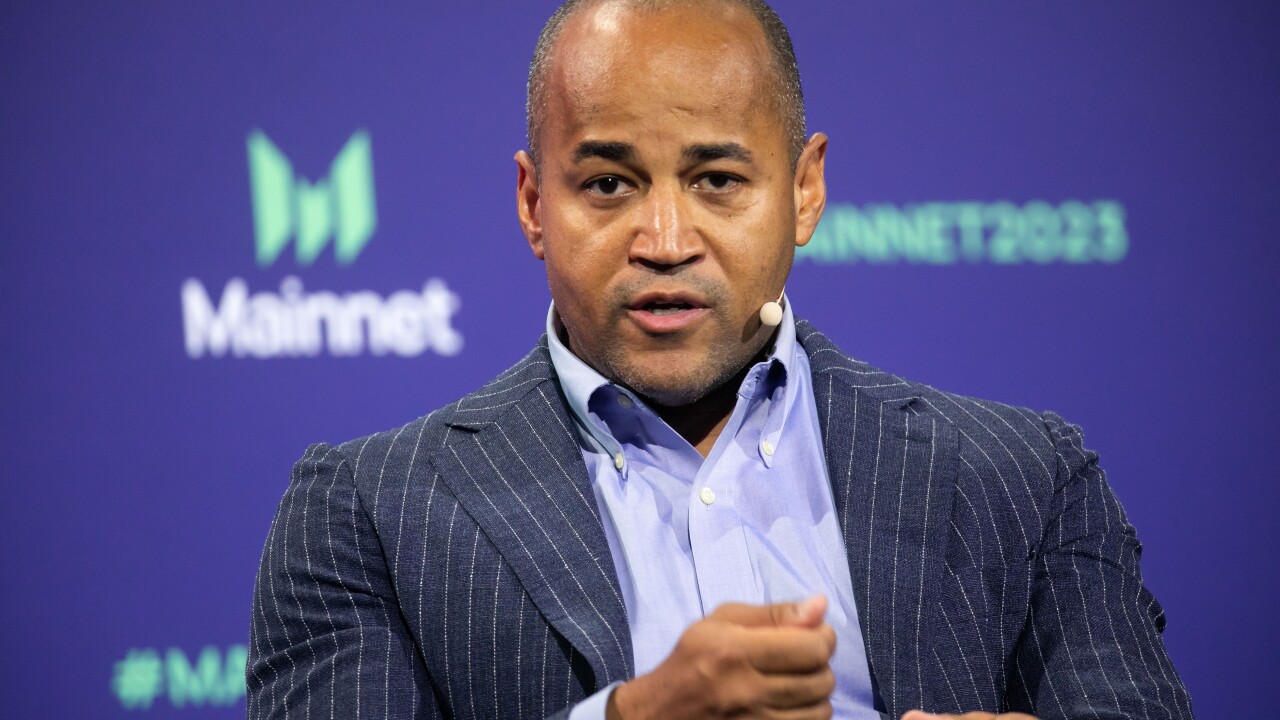Mediocre performance doesn't always lead to CEOs being fired. In fact, says one expert, sometimes it's more expensive to find a replacement CEO — especially for small to mid-size institutions.
According to Chason Hecht, president of Retensa Employee Retention Experts, a New York-based retention and consulting firm, some deep-pocketed credit unions can hire consulting and executive search firms to identify potential CEO candidates — but even this is costly. Hecht noted that the minimum fee for such firms can go as high 25% of the CEO's annual salary.
"You have the find the right person and that process could take a lot of time and money," Hecht said.
But Jo Ellen Whitney, senior shareholder and chair of the Des Moines-based Employment and Labor Relations Department at Davis Brown Law Firm, countered, contending that firing and finding a replacement aren't as expensive as they might seem.
"I do not believe that credit union CEOs who are terminated receive unusually large severance payments," she stated. "I have not seen large severance payments in my practice and in many instances where a termination occurred there was no severance at all."
She conceded that there are indeed costs attached to finding a replacement for the ousted CEO, including time and effort, which is why most employers think carefully before terminating a competent person when they might disagree on direction or certain goals. "When there are real problems people usually get fired," she added.
According to Tom Glatt, founder of Glatt Consulting, a credit union consulting firm based in Wilmington, N.C., cost isn't usually an issue — or at least not a prevailing one.
"If a 'large' severance is in order, it is usually a larger credit union so the net impact isn't overly excessive," he said.
Smaller asset credit unions — which are struggling to survive as it is — may find it especially difficult to fire and hire chief executive officers for a multitude of reasons.
For small credit unions, Glatt said, getting a CEO replacement with experience often costs more than their prior CEO made. "Boards see this as expensive, and sometimes this leads them to maintain a relationship with a poorly performing CEO — or in many cases to a decision to merge," he clarified. "The cost perception will then deter a board from making the right decision."
Whitney commented that at smaller institutions it may take longer to find an appropriate replacement, but added that if there are performance issues with the CEO, they will still work hard to find a new candidate.
NCUA Intervention?
In some egregious cases of poor performance or incompetence, regulators like the National Credit Union Administration (NCUA) may step in and call for a kind of soft regime change. If the NCUA believes the CEO is causing existing performance problems at a credit union, Glatt noted, they will take action — but there are limitations as to what the regulator can actually do.
"I believe [NCUA's] preference is to have the board bring in an outside firm to assess the CEO's capabilities and make an informed recommendation to the board whether to retain the CEO and under what conditions," Glatt explained. "Obviously, [in extreme cases] if the credit union's net worth is too far gone the NCUA can conserve the credit union. That pretty much takes care of the CEO and the board."
But this is a hazy issue.
"The NCUA can't explicitly order a credit union board to fire the CEO, but they can exert pressure and influence on the board to do so," said Hecht. "The credit union's board has fiduciary responsibilities, while the NCUA has a vested interest in protecting the National Credit Union Share Insurance Fund. I have heard of the NCUA taking an aggressive stance on some risky CEOs."
John Fairbanks, a public affairs specialist at NCUA, stated that the NCUA "cannot require" a credit union to fire anyone.
"Unless NCUA is taking a formal administrative action, the decision to suspend or terminate any employee of a credit union rests with the management team/board of directors of the credit union," Fairbanks added.
Moreover, the agency's national supervision policy manual covers such areas as dishonesty, fraud and insider dealings with respect to questionable CEO behavior. To wit, the NCUA document reads: "If an examiner discovers fraud or a shortage, they will document the fraud or shortage as completely as possible and notify their supervisor. With supervisor concurrence, the examiner will notify the board of directors and the supervisory committee and request completion of a Suspicious Activity Report."
The manual further states that the examiner will encourage the credit union officials to, at a minimum: suspend the personnel involved with pay; control the access of personnel involved to the credit union; fill the operational void caused by the suspension; and contract to perform a fraud audit.
Weighing External Factors
External factors may also affect the firing and hiring process of credit union CEOs.
The overall national economy plays a role in this saga. Indeed, when the unemployment rate is low (as it is now and has been fort the past few years), it's a seller's market. Qualified and highly accomplished executives might be desired by various organizations and they will often take the job that offers the most money and perks.
"We have found that as the unemployment rate decreases, executive turnover increases," Hecht said.
On the other hand, when unemployment is high, job seekers have fewer options and must succumb to the whims of companies that have greater leverage with respect to salaries and other benefits.
"Choosing a CEO is probably the most critical decision and credit union can make," said Steve Winninger, the head of Steve Winninger & Associates, a consulting firm that works on credit union governance issues, evaluation systems and strategic planning. "You have to identify suitable candidates, vet them for their background and expertise, and all of this costs time and money."





